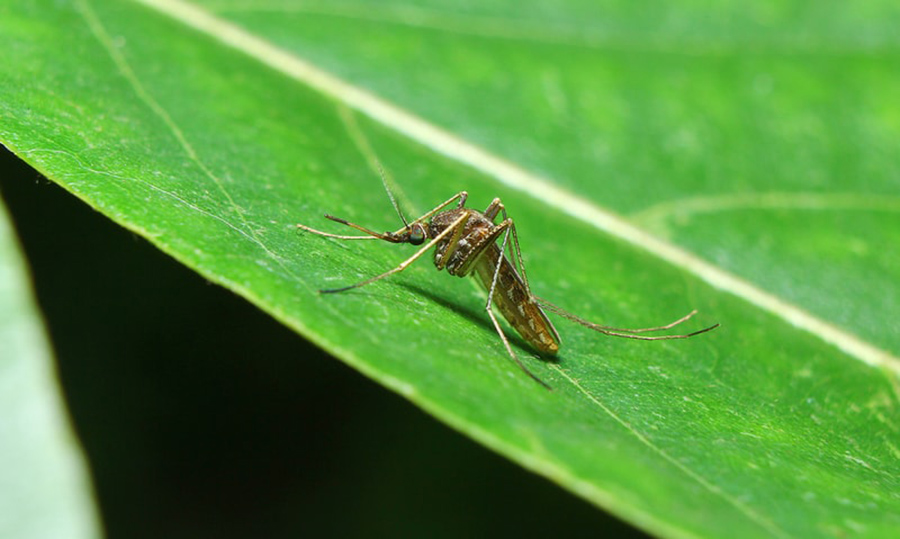Those mosquitoes surrounding your bedroom and disturbing your ears can be trained to stop perturbing your days, as American scientists agreed. A new study suggested Thursday that you only need one to five fingers to swat at them. Thus, making them learn and remember for the next few days how threatening you are.
Even those people who believe they have the sweetest skin in the world can teach these disease-carrying insects you are bigger than them, and that you can crush them only if you wanted – if you were faster than them, of course.
The paper published in the journal Current Biology is the first of its kind ever performed by scientists, and it follows previous research that suggested the Aedes aegypti mosquitoes can learn.
This new study sheds light on the mosquitoes’ behavior – which is very useful when talking about a species that brings so many diseases to the worldwide population.

The researchers tested between 2,700 and 3,000 of the pesky insects to understand why some mosquitoes prefer to bite some humans more than others. As they wrote, the also-called yellow fever mosquitoes learn to differentiate humans by their odors. They associate the smells of people with previous bad experiences, such as swatting and avoid them in the future – for at least 24 hours.
Chloé Lahondere, research assistant professor of biochemistry at Virginia Tech, said that any action to defend yourself against mosquitoes is helpful, “whether or not you manage to hit the mosquito.”
“Understanding these mechanisms of mosquito learning and preferences may provide new tools for mosquito control,” Clément Vinauger told USA Today. “For example, we could target mosquitoes’ ability to learn and either impair it or exploit it to our advantage.”
What made the scientists understand mosquitoes’ behavior was their dopamine receptors, according to the study. Some of them lack these, and those were found to learn fewer than the others.
Understanding mosquitoes’ behavior
Lahondere considered that the researchers now have a better understanding of “what the mosquitoes are capable of,” and that they can use it to investigate how to apply it to “refine their control strategies” and “fight more efficiently” against the disease that these insects transmit.

However, according to the University of Washington neuroecologist who participated in the study, Jeffrey Riffell, not all the mosquitoes learn the same way. Thus, they still don’t know how they can teach the mosquitoes that carry West Nile to stop perturbing humans’ lives.
“Once mosquitoes learned odors in an aversive manner, those odors caused aversive responses on the same order as responses to DEET, which is one of the most effective mosquito repellents,” study co-author and biologist Jeff Riffell said in a statement. “Moreover, mosquitoes remember the trained odors for days.”
Riffell added that if the researchers understood how mosquitoes make decisions on “whom to bite,” and how this learning “influences” their behavior, they could also understand the “genes and neuronal bases of the behaviors.”
The co-author then concluded saying that this new study could lead the team of researchers to “more effective tools for mosquito control.”
Source: Current Biology

Skeeters will still be here when we’re gone.